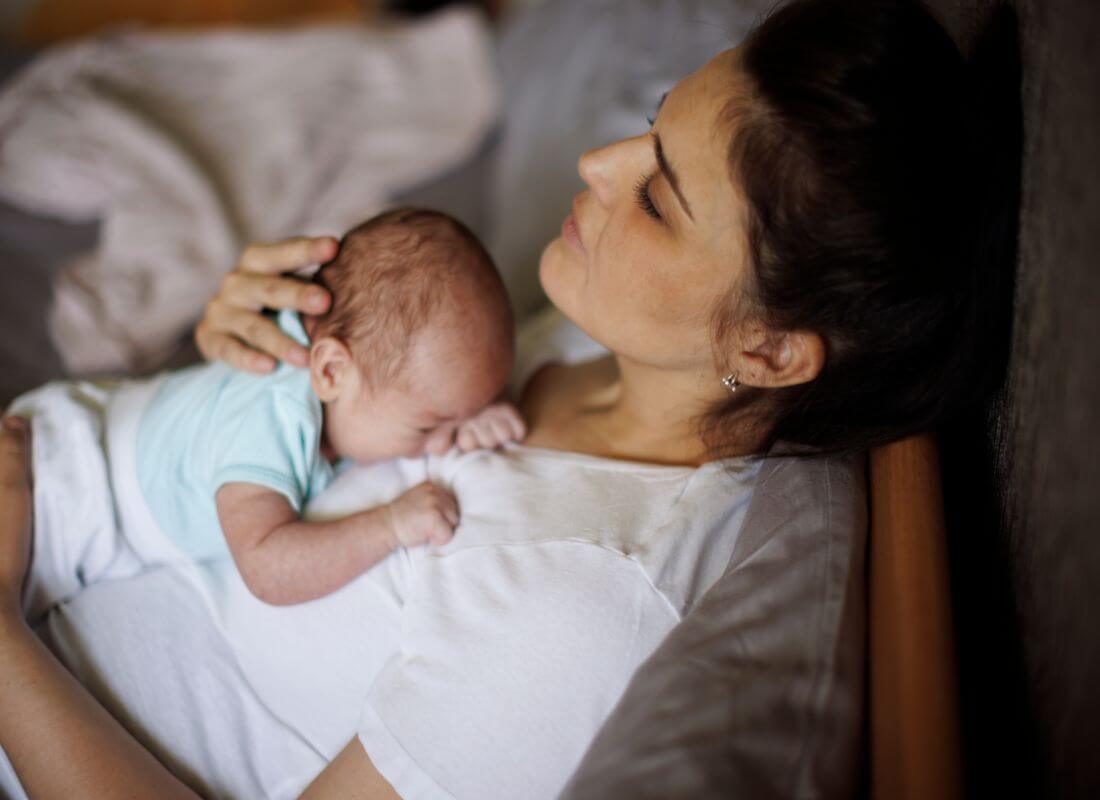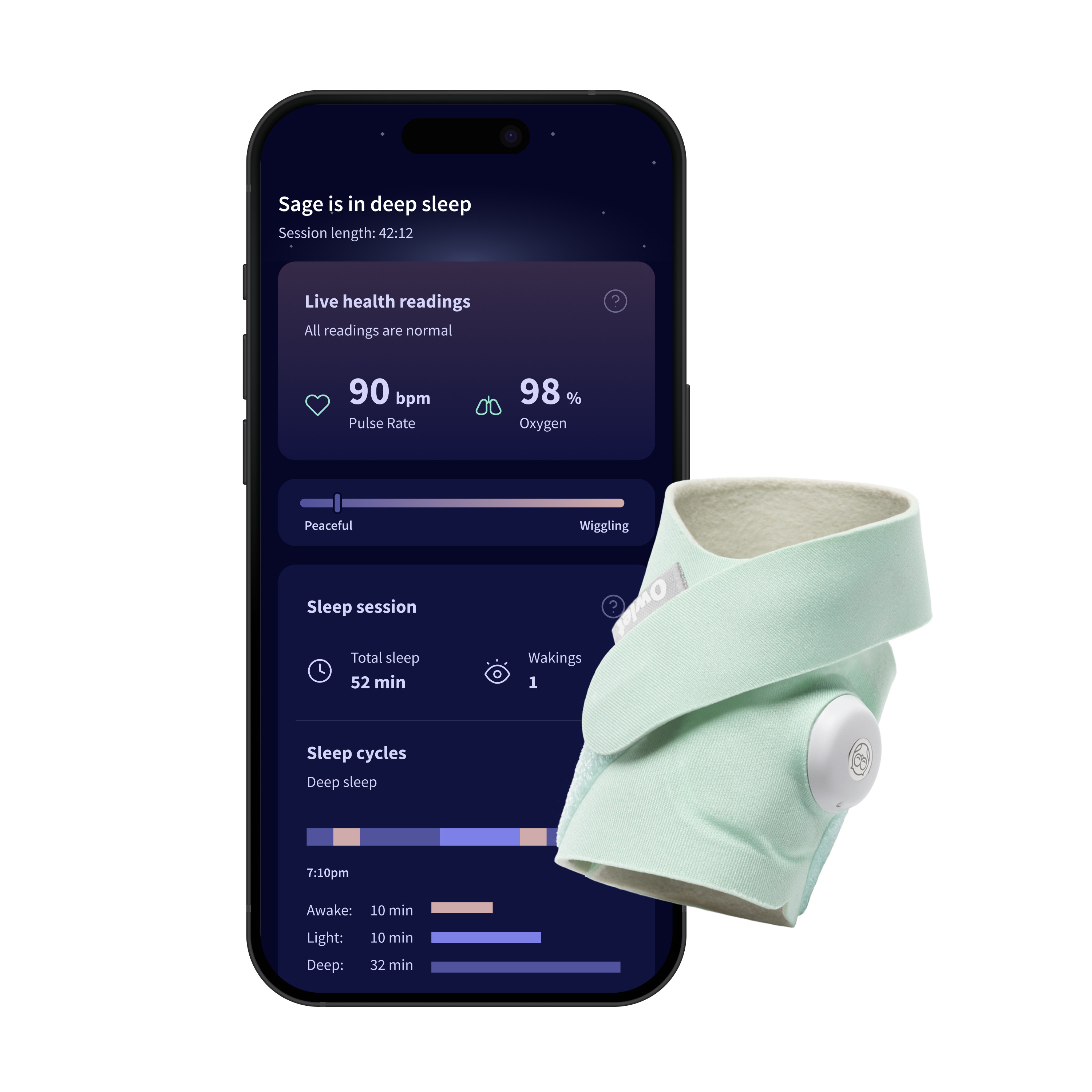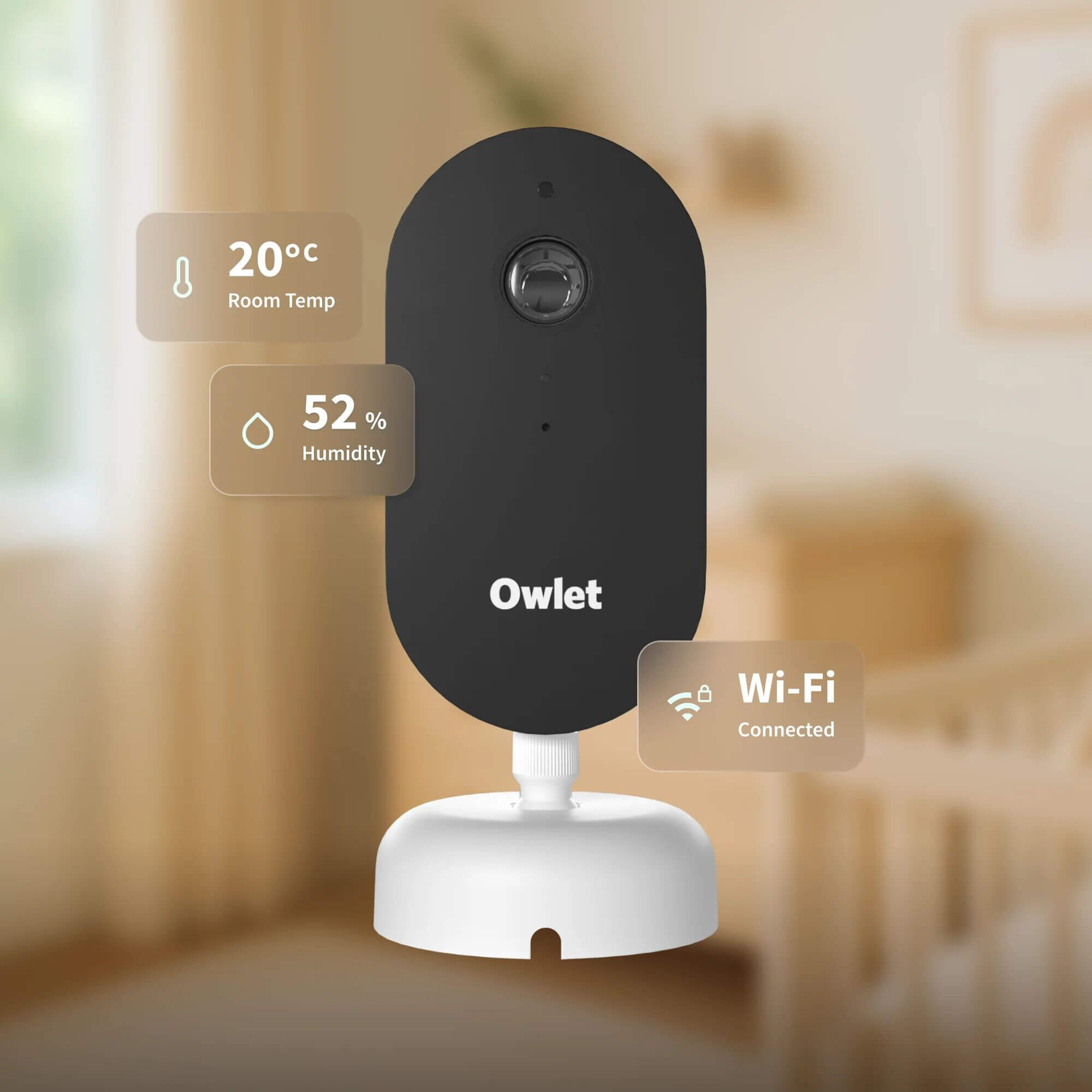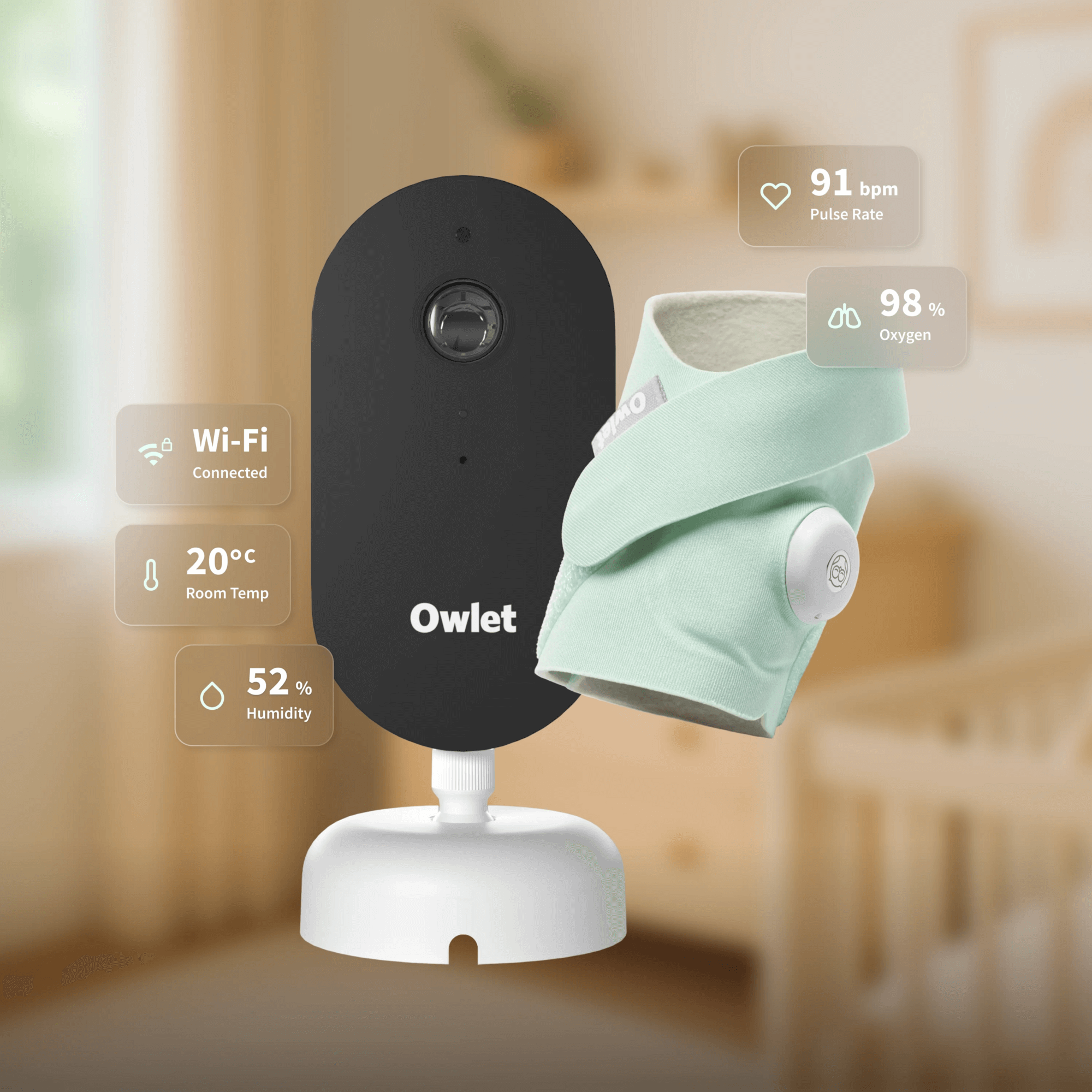Sleep Regressions: What Are They and How to Handle Them?

If you've ever visited an online parenting group or typed “sleep regressions” into a search engine, you’ve likely found a wealth of information on the topic. But are sleep regressions real, and if so, how can you manage them? Let's dive into what sleep regressions are and what you can do to help your baby through them.
Are Baby Sleep Regressions Real?
Before we answer this, it's important to understand what is meant by the term "sleep regression." In child development, a "regression" refers to when a child loses a skill they once possessed. For example, if a child who was walking or talking suddenly stops, this would warrant further investigation by professionals to determine if they are experiencing developmental delays, illness, or trauma. Fortunately, true sleep regressions, as defined by developmental experts, are rare.
However, sleep differs from other developmental milestones like walking or talking. Sleep isn’t something a baby “achieves” by a certain age, so it cannot be “lost” or “regressed” in the same way. For example, if an adult sleeps poorly for a week, we wouldn’t say their sleep has regressed—we’d look for external factors like stress, illness, or environmental changes that disrupted their sleep.
When parents talk about baby sleep regressions, they’re usually referring to changes in their baby's sleep patterns. So, while the terminology might not be entirely accurate from a developmental perspective, the phenomenon is real - baby’s evolving needs and growth can certainly impact their sleep.

What Causes Sleep Disruptions in Babies?
There are several developmental reasons why your baby might not sleep as well as they previously did. While commonly referred to as "sleep regressions," these changes are often related to significant developmental milestones. Here’s what you can expect at different stages:
- Newborn (0-4 Months)
During the newborn stage, sleep is often fragmented. Babies have small stomachs and need frequent feedings and diaper changes. They also crave emotional support and closeness as they adjust from the womb to the outside world. Newborns' sleep-wake cycles are still developing, which explains their unpredictable sleep patterns.
- The 4-Month Sleep Regression
The most well-known of all sleep regressions. Around 4 months, babies' sleep cycles change. Instead of two sleep stages, babies begin to cycle through multiple stages, similar to adult sleep. This transition can be tricky for some babies as they start to prefer certain sleep environments, making it harder for them to settle if their ideal environment isn’t available. Parents often notice more frequent night wakings and shorter naps during this time. Although it feels like a regression, it's technically a sleep progression, as your baby is learning a more complex way of sleeping.
- The 8-Month Regression
Around 8 months, babies often hit another bump in the road due to new physical skills. This is when many babies start to crawl, pull themselves up, or even stand in their cribs but can’t sit back down. Others may babble at night as they practice speech development. This is another example of a progression in skill that can impact sleep.
- 9, 12, and 18-Month Regressions
During these periods, children develop something called "object permanence," which is the understanding that something still exists even if they can’t see it. As a result, many babies start experiencing separation anxiety, becoming distressed when their caregiver isn’t nearby. Sleep disruptions are common as babies need more support to fall asleep and stay asleep during these stages.
- The 2-Year Sleep Regression
By the time your child is 2, they’re dealing with even more developmental changes, including separation anxiety and imagination. The latter can lead to fears, such as being scared of the dark or monsters, which can disrupt sleep. This is another form of progression rather than regression, as your child is gaining new skills and perspectives.

Environmental Factors That Affect Sleep
In addition to developmental milestones, environmental factors can also cause sleep disruptions that might be mistaken for regressions. Some examples include:
- Potty Training: As children learn autonomy, their sleep might be affected.
- Transitions: Moving from a crib to a bed, starting daycare, or the arrival of a sibling can disrupt sleep routines.
- Illness or Teething: These can cause temporary sleep disturbances.
- Sleep Schedule Changes: Being over- or under-tired can also throw off your baby’s sleep patterns, making any sudden changes to their schedule tricky to manage.
How Can Owlet Help with Sleep Regressions?
The Owlet Medically-Certified Dream Sock® offers predictive sleep technology that helps parents better understand their baby’s sleep patterns. By monitoring nap timings, sleep length, and the baby’s age, Dream Sock® can provide insights into when your baby might need sleep through the Owlet® Dream App. It connects both developmental stages and individual needs, allowing you to be more responsive to your baby’s sleep cues, rather than worrying about regressions.
By analysing sleep data unique to your baby, Dream Sock® supports parents in focusing on individuality within a developmental framework. This approach reduces anxiety around “regressions” and empowers parents to make informed decisions about their baby’s sleep.

Sleep regressions, or rather progressions, are a normal part of your baby’s development. While they can be challenging, understanding that these disruptions often signal growth and change can help you manage them with more patience and confidence. Tools like Dream Sock® can also provide valuable insights into your baby’s sleep, helping you navigate these tricky periods with greater ease.














